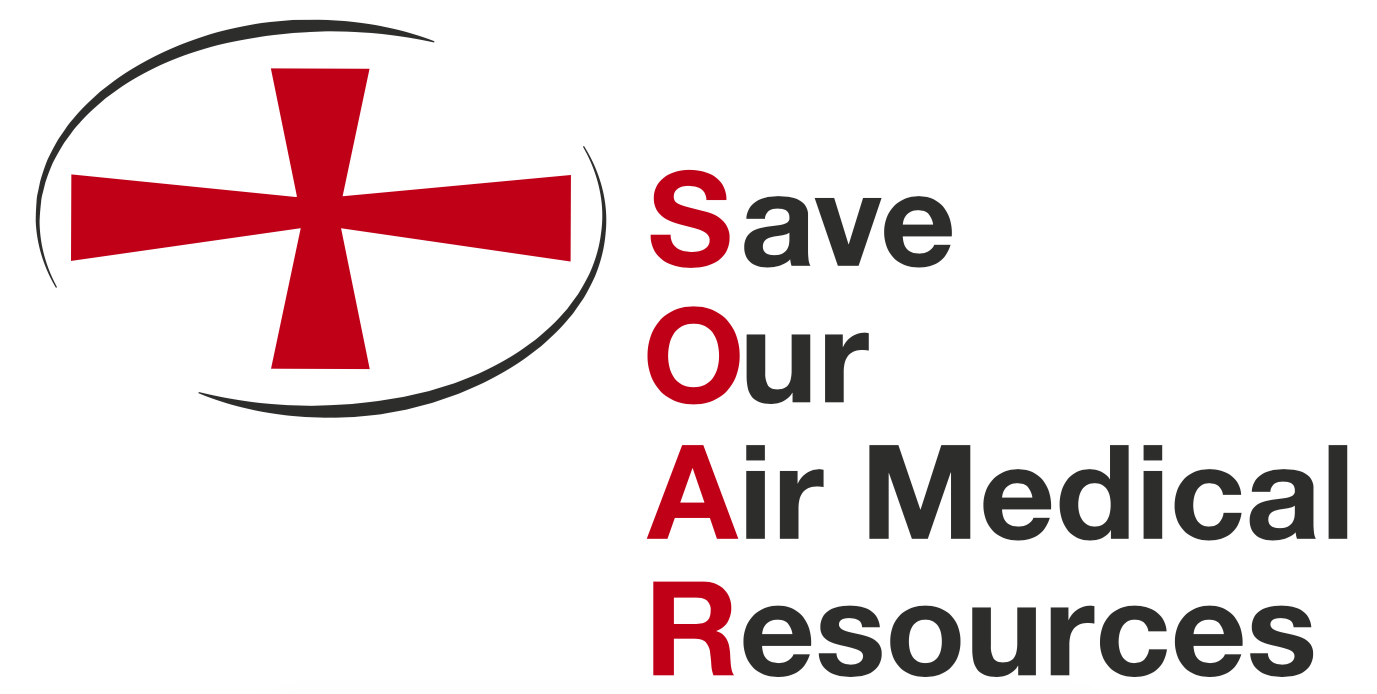Dear Secretary Becerra,
As organizations dedicated to protecting consumers and preserving the health and wellbeing of patients, we strongly support removing patients from the middle of billing disputes between providers and insurers, bringing an end to surprise medical bills. We recognize the importance of the rulemaking process as it relates to the implementation of the No Surprises Act and that much of it will be left to the guidance of the Department of Health and Human Services (HHS) and other agencies. To that end, we believe that rulemaking, particularly as it relates to Independent Dispute Resolution (IDR), must ensure a fair arbitration process, one that does not endanger the nation-wide availability of emergency air medical services, particularly in rural and underserved areas of the country. We would like to provide our insights and recommendations to help ensure fair and equitable outcomes for all - patients, providers, and health plans.
While we agree in using market dynamics and a median in-network rate, as opposed to rate-setting, to determine appropriate levels of reimbursement for the services of air medical providers, for too long the largest insurance companies have refused to bring independent air medical service providers in-network. With so few independent providers in network, median in-network rates are likely to be inaccurate. Insurance companies will be able to strike one network agreement with a single air medical provider and then use that agreement to avoid negotiating fairly with other providers.
The rulemaking process must not allow insurance companies to establish an arbitrary rate when a lack of median in-network rates exists. This would be unfair to providers and would put the health of patients who depend on these services at risk, all while benefiting the insurance companies.
Disaster can strike at any moment and air ambulance teams are ready to deploy 24 hours a day, 7 days a week, 365 days a year as flying ICUs equipped with life-saving equipment and trained medical staff. This level of preparedness saves lives, but it is also expensive. A single air ambulance base can cost up to $3 million annually to operate, and 85 percent of those costs are fixed. Retaining highly skilled personnel, such as critical care nurses, and maintaining safe aircraft that meet ever-evolving FAA standards and regulations are just a few of the fixed costs that exert cost pressure on the bottom line of providers. However, nearly 70 percent of air medical flights are for patients insured through government programs like Medicaid or Medicare. These programs have chronically low reimbursement rates – less than 50 percent of the operational cost for transporting a patient. These rates have not been updated in nearly 20 years and have not kept up with the rising costs of providing high quality care.
We support the cost data collection called for in the No Surprises Act, but, HHS should use its legal authority to collect comprehensive cost data from providers – data that the majority of providers have and are willing to provide. The Secretary should use this data to update government payor rates which will help ease the necessary cost-shifting to the private insurance market that has taken place over the years and reduce the burden on private payors.
Air medical is a life-saving service. As rural hospitals close at alarming rates, air ambulances ensure adequate medical access for millions of Americans living in rural and under-served areas. While this has been the case long before the COVID-19, and will remain so after, the industry has also played an important role during the pandemic, transporting over 20,000 COVID-19 patients, many on ventilators and in respiratory distress. To continue operating at full capacity around the country, the IDR rulemaking process must result in equitable payment structures that reimburse providers at fair rates. If not, the providers and the patients they care for will be at risk.
Sincerely,
SOAR Campaign
Brain Injury Association of America
Consumer Action
National Grange
International Association of Flight & Critical Care Paramedics
Click here for the full letter.

